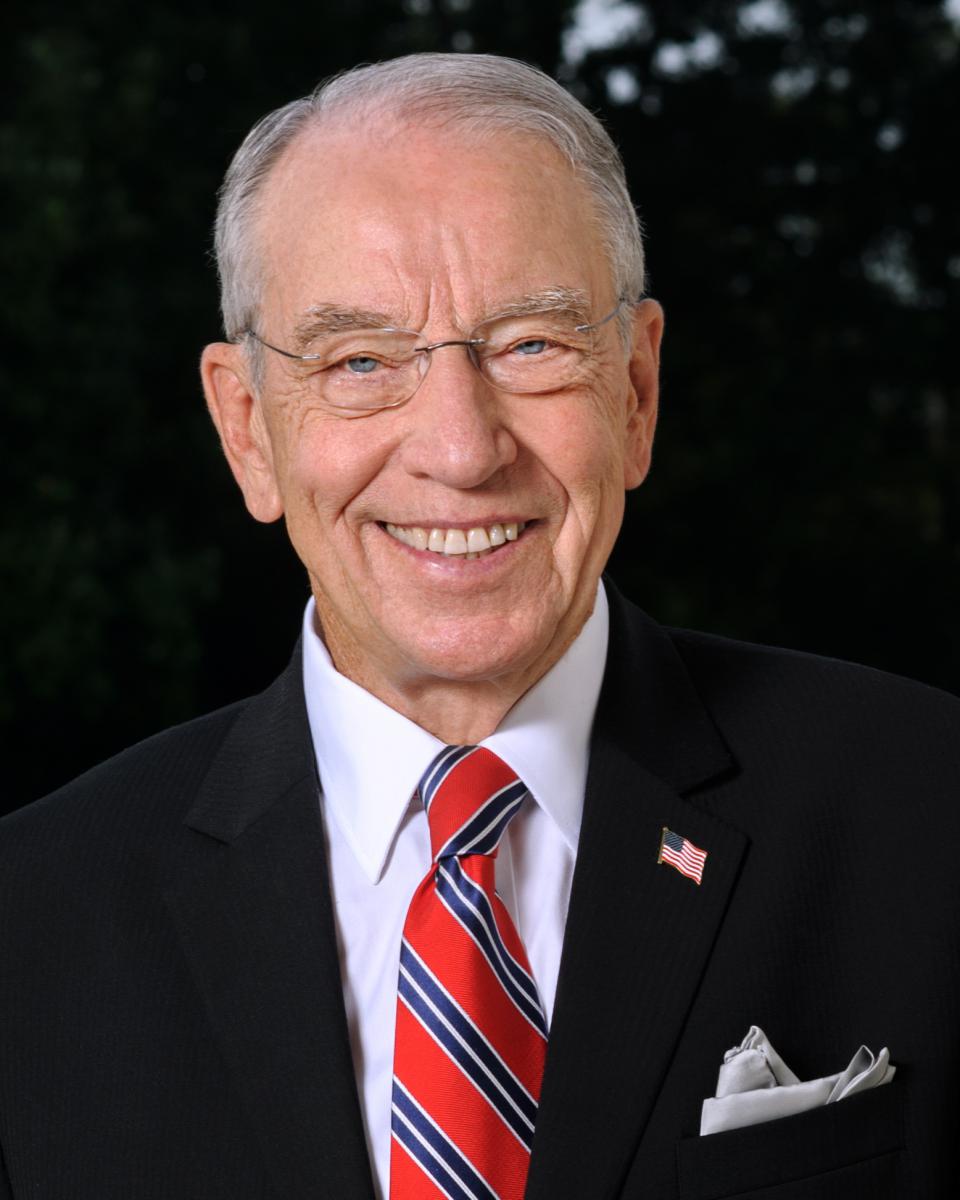
On the heels of new regulations issued by U.S. Citizenship and Immigration Services (USCIS) updating the EB-5 visa program that go into effect on Nov. 21, U.S. Sen. Chuck Grassley (R-IA) on Tuesday proposed a bipartisan bill that would expand the authority of the U.S. Department of Homeland Security (DHS) over the program.
“For many years, I’ve expressed concerns about the rampant abuse and fraud in the EB-5 program,” Sen. Grassley said. “This bill builds upon our previous efforts to restore integrity and security in EB-5, and it includes the reforms sought by DHS since the Obama administration.”
Sen. Grassley on Sept. 24 sponsored the EB-5 Reform and Integrity Act of 2019, S. 2540, with bill cosponsor U.S. Sen. Patrick Leahy (D-VT) to reauthorize the EB–5 Regional Center Program through 2024 and to reform the program to prevent fraud while also promoting and reforming foreign capital investment and job creation in American communities, according to the text of the roughly 100-page bill.
The current EB-5 Regional Center program, which began in 1993 as an outgrowth of the EB-5 visa, provides a green card to individuals who invest $1 million in a business in the United States that creates at least 10 jobs, or to those who invest $500,000 in a U.S. business located in high-unemployment and rural areas, known as targeted employment areas (TEAs).
Come November, those investment amounts will change.
Under the new USCIS regulations, the minimum investment levels will be adjusted to account for inflation, to $1.8 million for standard investments and $900,000 for investments in TEAs.
TEA designations also will be reformed under the program due to widespread gerrymandering that allowed investments in the nation’s richest communities to qualify for the reduced-investment threshold.
While Sen. Grassley overall supports the new regulations, he wants to go further.
“I’m pleased that the Trump administration published those regulations earlier this year. However, some of the most frightening weaknesses in the program, including national security vulnerabilities, require congressional action,” the senator said. “Given what we learned about the vulnerabilities in this program, we cannot afford to continue this program without addressing these critical issues.”
If enacted, S. 2540 would provide increased authority to DHS to deny or terminate applications where there is fraud, criminal misuse or a threat to public safety or national security, according to a one-page summary of S. 2540 provided by Sen. Grassley’s office.
For example, the DHS Secretary “shall terminate the designation of a regional center that fails to consent to an audit under subclause (II) or deliberately attempts to impede such an audit,” the bill states.
“I have partnered with Senator Grassley for years to clean up the EB-5 program, but the Department of Homeland Security cannot fix all of the EB-5 program’s flaws on its own,” said Sen. Leahy.
Therefore, S. 2540 also would include additional transparency and integrity measures to improve accountability of applicants, project managers and the projects themselves.
For instance, the proposed measure would require:
– Background checks of regional center and project principals;
– More disclosures to investors regarding business risks and conflicts of interest;
– Increased oversight of projects and closer monitoring of securities compliance; and
– Prohibiting preferential treatment by DHS employees, who also would have to document certain communications.
Additionally, S. 2540 would establish an EB-5 Integrity Fund into which regional centers and investors would pay fees that DHS would use to conduct audits and site visits toward detecting and investigating fraud both stateside and abroad, according to the bill’s summary.
“We are hopeful that Congress will finally take decisive action to address the fraud and other vulnerabilities that have come to define this program,” Leahy added. “Our bill would do just that.”
S. 2540 has been referred for consideration to the U.S. Senate Judiciary Committee.




